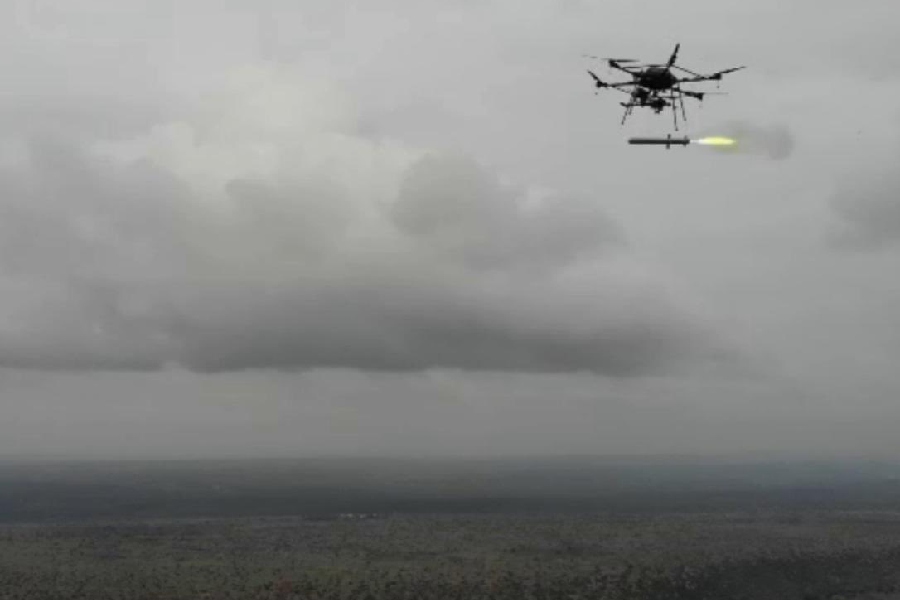 |
Rupaidih (Uttar Pradesh-Nepal border), Nov. 3: Ashok Yadav had never imagined that not carrying an identity card could spoil his Diwali.
An invisible wall went up between Nepal and India on Tuesday with the neighbours, for the first time, asking citizens to prove their identity before they are allowed to cross over.
The Indian side of the border is dotted with small market towns such as Rupaidih and Bahraich. Western Nepal’s most important town, Nepalganj, is just a 2-km walk from Rupaidih. Till Monday, people of both countries would cross the border without hindrance ? often several times a day ? to shop, to do business or to meet relatives.
“We always went to the Nepalganj market for cheap clothes. This Diwali, they asked for photo identity cards. I had forgotten to get one; so I am going back,” said Yadav, a resident of Rupaidih.
India and Nepal share a 1,747-km border that allowed unrestricted movement by both countries’ citizens under an agreement signed in 1860 that was followed up by a treaty of friendship in 1923 and the Indo-Nepal Treaty of 1950. The check posts merely kept a record of the vehicles crossing the border from either side.
Even now, all the check posts except one follow the old system. It’s only at Rupaidih, 167 km from Lucknow, that the new system has been introduced since Diwali. Here, people who want to cross over are being asked to prove their identity through documents such as voter ID cards and ration cards. Their names and addresses are being taken down and their belongings searched.
The system will be extended across Uttar Pradesh in a few months and later to the other states bordering Nepal, such as Bengal, Bihar and Himachal Pradesh. On the Nepal side, too, similar check posts would come up.
“The system is being launched to prevent the misuse of the Indo-Nepal Treaty by people who are citizens of neither country but take advantage of this facility and enter the country,” said state home secretary Jagannath Singh.
The new system is believed to be causing some hardship to villagers from both sides who share close social and cultural ties and, in several places, a common market. Many of them need to cross the border more than once a day.
Officers manning the check posts are being trained to avoid causing harassment to genuine citizens, Singh said. They have been advised to take the help of senior local citizens to establish the identity of those who cross over regularly.
“We have asked the check post staff not to detain for a long time villagers going to a market or to meet relatives across the border,” an officer said at Rupaidih check post.
But Rishi Vaid, spokesman for the Indo-Nepal Citizens’ Committee at Rupaidih, was sceptical.
“We are gathering information about the new system’s impact, but it is bound to affect the close ties between the people of the two countries,” he said. “It may also end up as another avenue for the police to extort money.”
The principal secretary with the Uttar Pradesh home department, Aloke Sinha, said an integrated check post in a single building, housing the departments of immigration, customs and excise, would be built at Rupaidih.
Sinha and senior home ministry officials from both countries had met in mid-October to discuss the new system. The meeting was attended by a deputy director from the Intelligence Branch and officials of the Seema Surakhsa Bal, which provides the first security ring along the Nepal border, like the BSF does along the Pakistan, Bangladesh and Myanmar borders.










